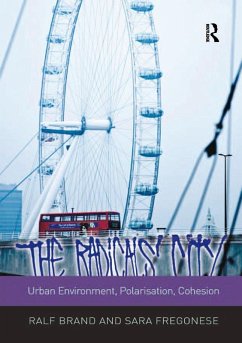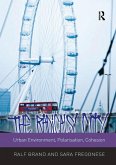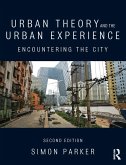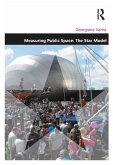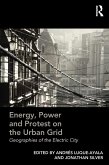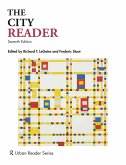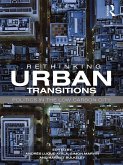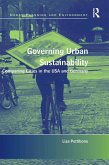Bringing together comparative case studies from Belfast, Beirut, Amsterdam and Berlin, this book examines the role of the urban environment in social polarisation processes. In doing so, it provides a timely and refreshingly innovative voice in the confusing babble on (counter-)terrorism, urban conflict and community cohesion. Despite their socio-political differences, these cities are telling cases of how the location and shape of very mundane objects such as rubbish bins, bridges, clothes' stores, shopping malls and cafés - in addition to the obvious fences, walls and barbed wire - are often subject to heated controversies and influence the way urban conflict is 'lived' and practised.
Dieser Download kann aus rechtlichen Gründen nur mit Rechnungsadresse in A, B, BG, CY, CZ, D, DK, EW, E, FIN, F, GR, HR, H, IRL, I, LT, L, LR, M, NL, PL, P, R, S, SLO, SK ausgeliefert werden.

